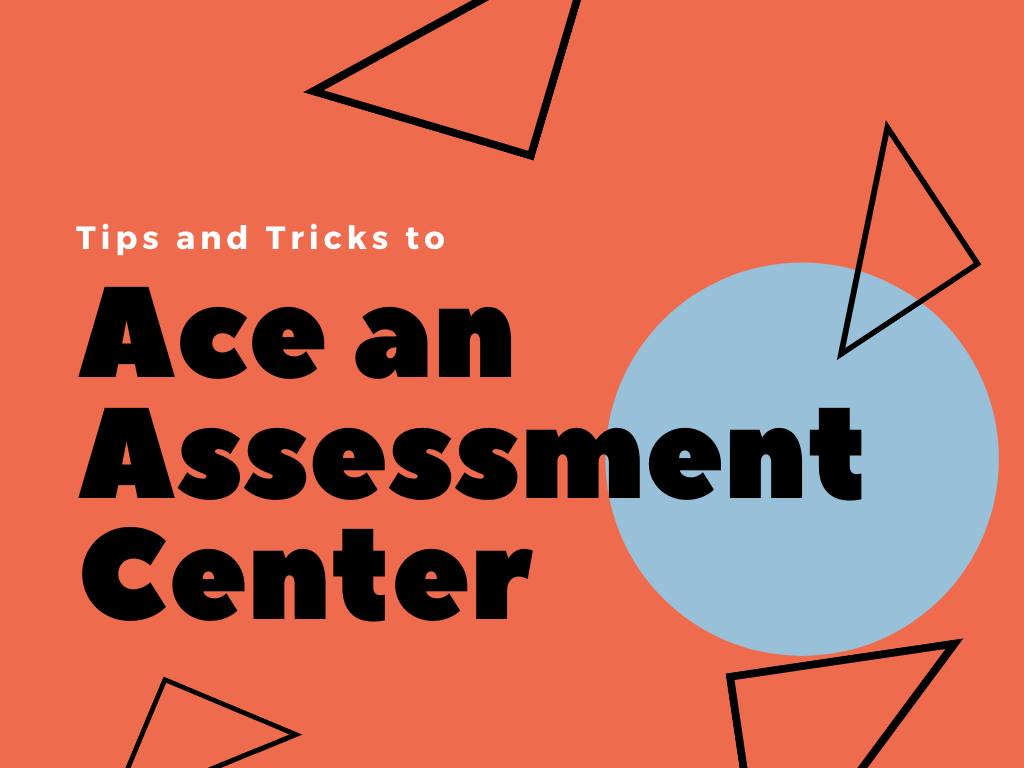You have just received the good news that your application has been successful, and your presence has been requested for an interview. Now the nerves are settling in, and you are wondering how you can prepare yourself, so you make the best impression.
The goal is to convince your interviewer that you are the most logical choice for the job, so here are tips on ensuring you always put your best foot forward. How you follow through after a job interview can also affect your chances, so knowing what to do once the meeting is over will also improve your odds.
Preparing for a Successful Interview
Spending some time preparing yourself for the interview provides several advantages. You will appear more confident and will display a high level of due diligence and attention to detail. Being able to answer questions without appearing flustered or caught off guard thoughtfully will also impress the interviewer. Here is how to prepare so you can tip the scales in your favor.
Note: Check Google Maps and plan your trip – this might sound trivial, but you would be surprised.
Many otherwise good candidates lose out on a position because they didn’t thoroughly plan their trip. They end up being late because they didn’t account for contingencies on the day of their interview. Always plan your trip to arrive at least thirty minutes before your appointment and make sure your travel time accounts for peak travel hours. Early arrival will give you enough time to check your appearance and go over your material.
Thoroughly Research Your Prospective Employer
Interviewers will often start by asking the candidate what they already know about the company. You want to establish some common ground with the interviewer by showing that you have done your research. Maybe the company runs community projects or is heavily involved with a charity. Take an in-depth look at the company’s blog, website, and social media profiles to find out as much as possible. A high level of rapport in an interview can be incredibly valuable.
Create a List of Likely Questions
When you are doing your due diligence on the company, you should be thinking about questions they will be likely to ask. Jot down your ideas, and then spend some time working out what you would like to say in response. You don’t want to sound like you are reading off a script, so have a clear idea about what you are going to say and make your answers intelligent but unforced.
Practice The Interview
Just about every job candidate will practice the interview with friends and family taking the interviewer’s place. You’ll get some great feedback with this technique, but you can take it to the next level by video recording your performance. When you watch a recording of yourself, you will be able to examine your body language and gauge your reactions to the questions.
Your video recording will indicate what you are like with eye contact, posture, and whether you fidget too much. When you make yourself consciously aware of any issues, you can then practice at eliminating them.
How To Compose Yourself During an Interview
Interviewers will be carefully watching your every move because your body language will tell them a lot about you and your personality. Check out the following lists of dos and don’ts and make yourself aware of any subconscious behaviors you could practice rectifying.
Don’t:
Drum your fingers or fidget with your hands. These behaviors could indicate that you are easily distracted.
Scratch your head or rub the back of your neck because it will make you look uncomfortable, distracted, or disinterested.
Fold your arms in front of your chest. You may give the impression that you are unfriendly and arrogant.
Slouch or rock in your chair as this could indicate that you are lazy.
Cross and re-cross your legs. Interviewers might consider this behavior to be fidgeting because of nerves, and you will appear less confident.
Do:
Spend a few minutes before the interview checking your appearance and composing yourself.
Appear enthusiastic about the opportunity to work with such a great company by regularly nodding, smiling, and agreeing where appropriate. Keep it natural as you don’t want to come across as fake.
Keep your posture straight. Sit up and keep your hands on the table. Always align yourself so you can easily make eye contact with the interviewer, or interviewers if there is more than one.
Only sit down after the interviewer asks you to take a seat.
Always stand before shaking hands with your interviewer.
Keep your handshake firm and make eye contact when greeting your interviewers and saying goodbye.
The Interview is Over, What Now?
How you behave after an interview can have a significant influence on the impression you make. Here are a few tips on what to do once the discussion is complete.
Ask how you should follow up. Three essential pieces of information you should know will include:
- What is the timeline for filling the position?
- When should you follow up?
- With whom should you make contact, and how should you contact them?
Make sure you have the correct contact information before you leave the interview. You can ask for a personal business card or check in with the receptionist on your way out about points of contact such as email addresses and phone numbers.
When you have left the interview, get some distance between yourself and the interviewer before you analyze your performance. You want to do this while it’s still fresh in your mind, but not so close that you risk bumping into your interviewer. Put all your thoughts down in writing, including if the company still aligns with your career goals.
Write a Follow-Up Email
If your interview was in the morning, you should follow up with an email that afternoon, or by the following morning if your meeting took place in the afternoon.
Subject line: Thank you for your time today.
Dear [Interviewer’s name]
Thank you so much for taking the time to discuss [position] today/yesterday. I enjoyed learning more about your industry insights and company goals. I was especially impressed by the [quality, trait, or team of the company].
Our discussion made me even more convinced that your company is one that I would enjoy being a part of, and that I could make a valuable contribution with my skill and experience [refer to your expertise, experience, or trait].
Best Regards,
[Your Name]
It’s essential you reiterate how your skills and experience could help the company with its challenges, and you keep it reasonably short and to the point. Interviewers are busy people, and a short email will show that you respect their time.



Leave a Reply
You must be logged in to post a comment.